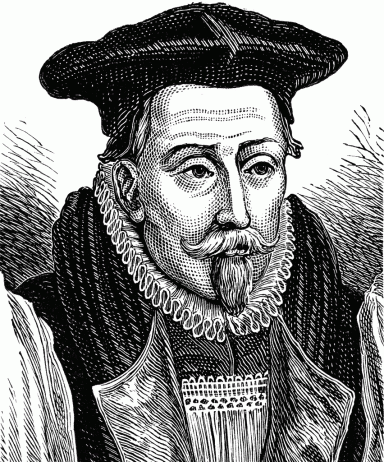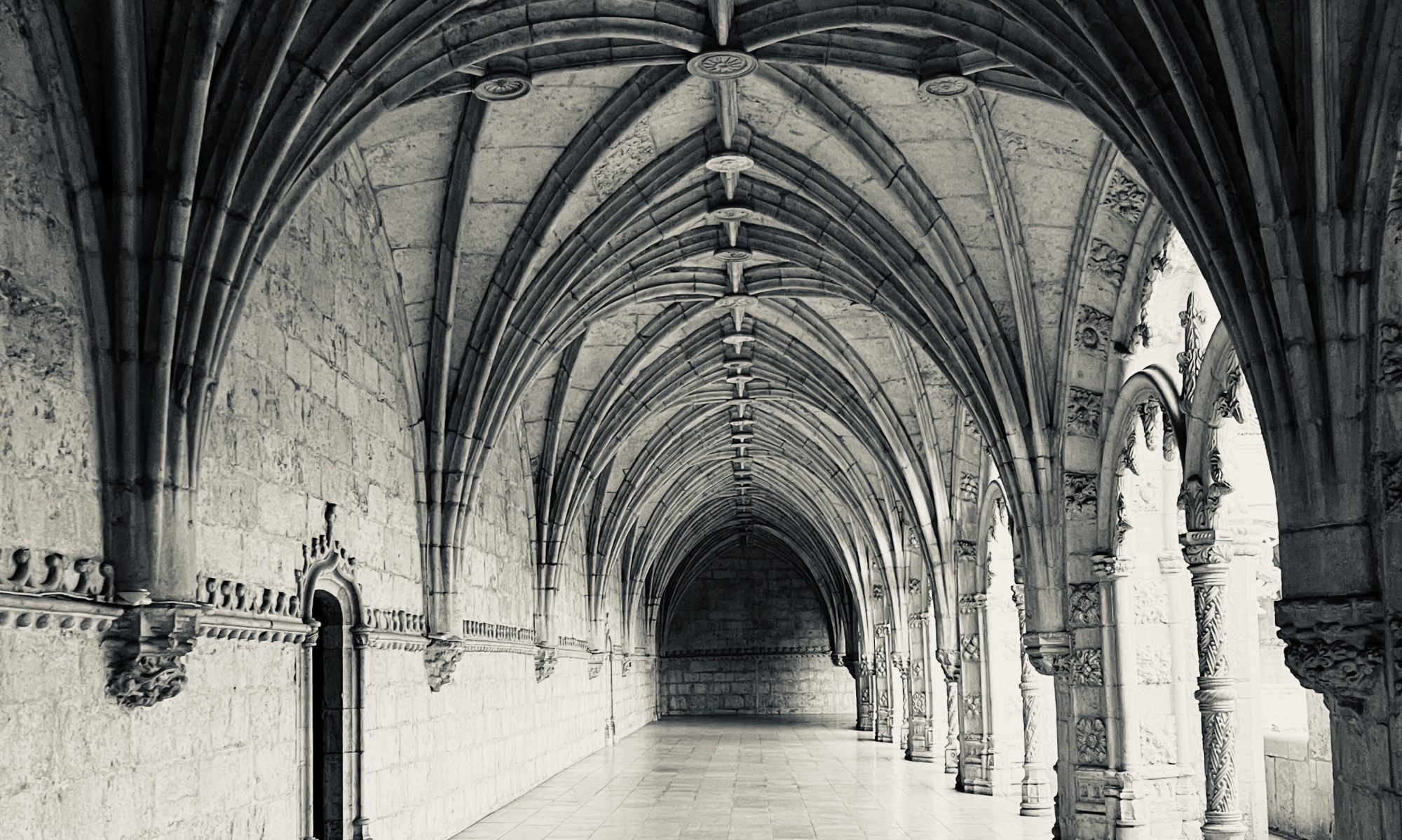The podcast is available here.

Vouchsafe, o Lord, to remember
according to the multitude of thy mercies
mine unworthiness,
the inveterate sinner,
thine unworthy and unprofitable servant:
condescend, o Lord, to mine infirmities,
and cast me not away from thy presence,
neither loathe my filthiness;
but after thy graciousness
and thine unspeakable love towards mankind,*
remove mine iniquities:
do not by reason of me and of my sins
refrain thy readiness to hear
and thy grace from
my service and prayer:
do not so, o Lord, but account me worthy,
o sovran Lord, which lovest mankind,
without condemnation, with clean heart and contrite soul,
with face unashamed and hallowed lips,
to make bold to call upon Thee
the holy God and Father which art in heaven
and to say… Our Father, which art in heaven…
I wonder how many pray before they pray? Those words leading up to the opening verse of the Lord’s Prayer come from the Private Devotions of Lancelot Andrewes. It was a work that was never intended to be published, but was instead for his own private use.
Andrewes was born in the year 1555 and after studying at Cambridge, became a professor there. He would also be the court preacher under Queen Elizabeth I and James VI. He was by far Elizabeth’s favorite preacher as he provided the intellectual stimulus that she so desired. And, for the record, I try and keep my Sunday sermons between 1,400 and 1,500 words – Andrewes averaged about 7,000! As Queen Elizabeth couldn’t tolerate a sermon over an hour long, I’m guessing he talked fast! Andrewes would later go on to become the Bishop of Chichester, Ely and Winchester under King James. In his spare time, he was one of the few Divines appointed to the creation of the King James Bible and would essentially become the chief editor of the entire work. Was he busy? Most certainly, but that did not stop him from spending on average – five hours a day in prayer and devotion.
Bishop. Academic. Translator. But he placed his life of prayer above all else. Of prayer he wrote, “‘Let our prayer go up to Him that His grace may come down to us,’ so to lighten us in our ways and works that we may in the end come to dwell with Him, in the light ‘whereof there is no even-tide.’”
With our busy schedules, it seems that the first thing to be eliminated from our lives is prayer, time with God where we can lay it all before Him, and that’s a bit crazy if you think on it. Jesus says to us, “Come to me, all you who are weary and burdened, and I will give you rest. Take my yoke upon you and learn from me, for I am gentle and humble in heart, and you will find rest for your souls. For my yoke is easy and my burden is light.” Even though Jesus says to lay down our own yokes – burdens – we turn and say to him, “No, that’s OK. I’ve got it,” even though we are staggering under the weight of it all. Andrewes says, “prayer goeth up, pity cometh down,” but for that to happen we must commit ourselves to prayer.
The Psalmist wrote:
O God, you are my God; eagerly I seek you;
my soul thirsts for you, my flesh faints for you,
as in a barren and dry land where there is no water.
It is in Jesus that we will find the living water that quenches our thirst and it is in prayer that we will encounter Him.

Mid week..a much needed word.
Thanks!